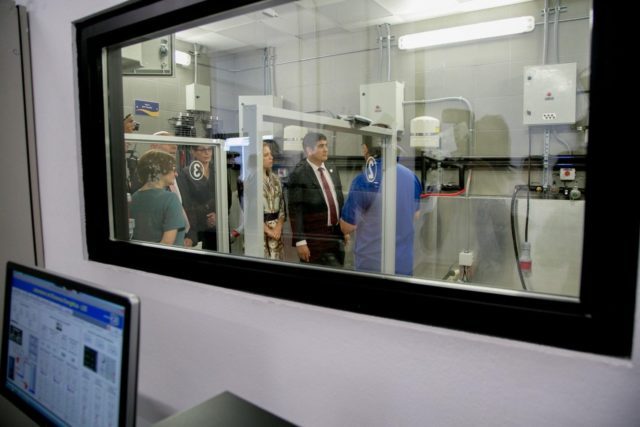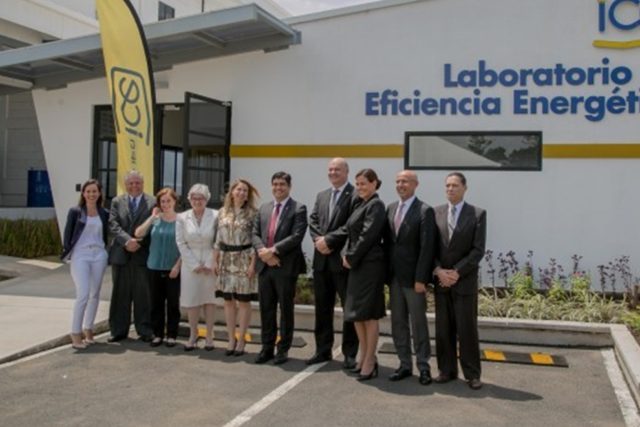President Carlos Alvarado and the Minister of Finance, Rocío Aguilar, signed Law N° 9573 that will allow Costa Rica to receive financing of US$ 500 million from the Inter-American Development Bank (IDB) for development projects of clean energies.
The contract known as the Conditional Credit Line for Investment Projects (CCLIP) is one of the different lines of credit of the IDB and aims to promote economic aid for Costa Rica to invest in the generation, transmission, and distribution of clean energy.

The agreement has favorable parameters for the Costa Rican Institute of Electricity (ICE). It will include individual loan contracts, which will be signed in the 8 years after the publication of the law and with terms of execution of up to 25 years.
The loans will be divided into 2 amounts (US$ 200 million and US$ 300 million). In the 1st case, it will help finance the Pailas II and Borinquen I geothermal projects located in Liberia and with a capacity of 55 megawatts each. It will also address an optimization system in Miravalles III, an update of the national hydro-meteorological network, the reinforcement of transmission lines in the province of Guanacaste and the renewal of the distribution network in Costa Rica.
The 2nd tranche is US$ 3,000 million and will be invested in the Borinquen III geothermal, the modernization of the Arenal hydroelectric plant, and transmission and distribution works to strengthen the national electricity system.
Project signing
The activity was carried out at the Energy Efficiency Laboratory of ICE, in Rincón Grande de Pavas, attended by Claudia Dobles, First Lady of the Republic; Irene Cañas, executive president of ICE; and Fidel Jaramillo, representative of the Bank for Costa Rica (BCR).

The project was conceived from the previous administration and it was until Monday that the official signature of the law was made. The laboratory where the activity was carried out has specialized technology equipment and was built thanks to a financing from the IDB that came into effect in 2009 in a similar line.
The executive president of ICE, Irene Cañas, said that in this space a great part of the work will be carried out, which will be put into effect thanks to the Bank loan. “We wanted to show this great challenge that ICE has in a new era, and an example was to be in that laboratory and, one of the examples, was that we could see a lot of important work that we are going to do in the coming years”, she commented.
During his speech, President Alvarado took the opportunity to emphasize the commitment that his administration acquired to move forward with actions to achieve the decarbonization of the economy, and promote the use of alternative sources of petroleum derivatives.
“We must promote decisive and coordinated action by all sectors of society to initiate and accelerate this process irreversibly and confront climate change, promoting transportation with renewable energy”, said the president.
The project law No. 19.998 was approved on May 17, 2018, unanimously by the 51 deputies in the 2nd debate and from this June 18, according to the new law will be the “Cooperation Agreement for the Financing of Investment Projects CR-X1014, among the Republic of Costa Rica, the Costa Rican Electricity Institute (ICE), and the Inter-American Development Bank (IDB)”.
